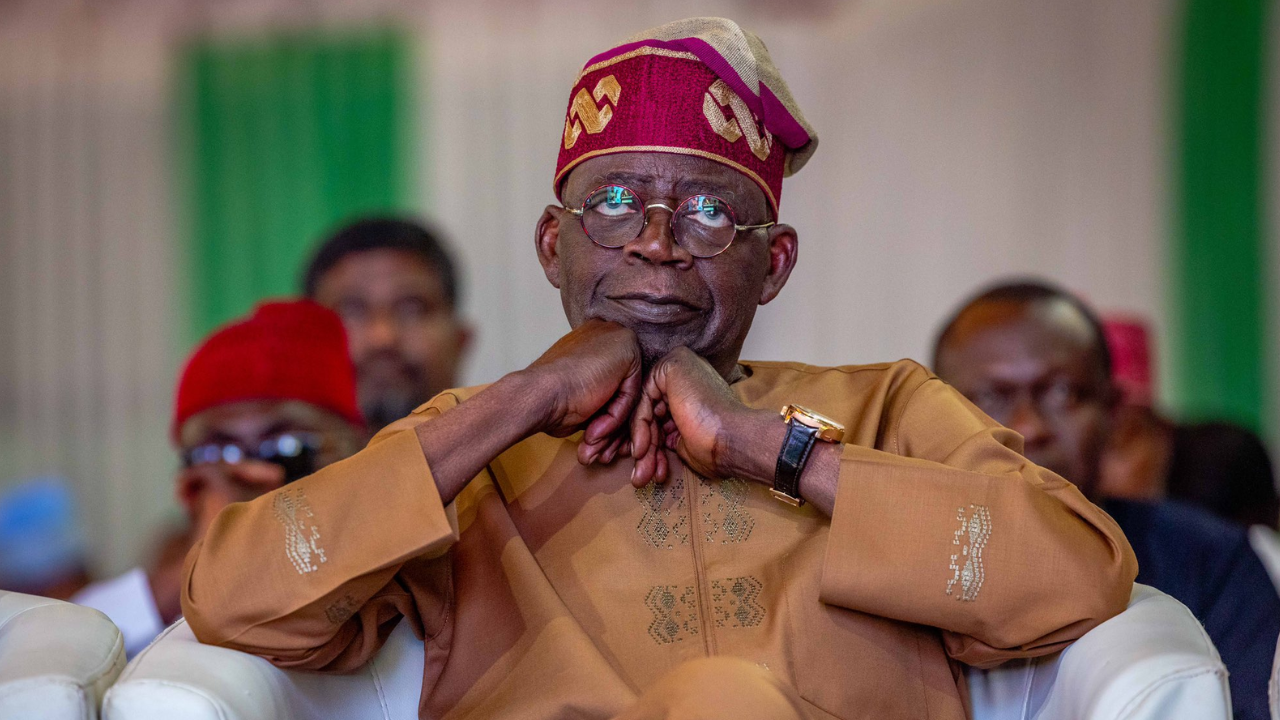Quick Read: Nigeria’s total public debt increased to N142.3 trillion as of September 30, 2024, marking a 5.97% rise (N8.02 trillion) from N134.3 trillion in June 2024.This data was disclosed in the latest report released by the Debt Management Office (DMO) on Tuesday.
Nigeria’s external debt in dollar terms experienced a marginal increase of 0.29%, rising from $42.90 billion in June to $43.03 billion in September. However, when converted to naira, external debt surged by 9.22%, from N63.07 trillion to N68.89 trillion. This sharp increase was primarily due to the naira’s depreciation against the US dollar, as the exchange rate weakened from N1,470.19/$ in June to N1,601.03/$ by the end of September.
Mixed Trends in Domestic Debt
Domestic debt showed a mixed performance. In dollar terms, it declined by 5.34%, falling from $48.45 billion in June to $45.87 billion in September. However, in naira terms, domestic debt rose by 3.10%, increasing from N71.22 trillion to N73.43 trillion.
The Federal Government’s share of domestic debt rose from N66.96 trillion in June to N69.22 trillion by September. Meanwhile, domestic debt owed by states and the Federal Capital Territory (FCT) slightly decreased from N4.27 trillion to N4.21 trillion.
Breakdown of Domestic Debt Components
- Federal Government Bonds: Increased by 4.47% to N54.65 trillion in September, accounting for 78.95% of the total domestic debt.
- This growth was driven by bond issuances in naira and the introduction of Nigeria’s first domestic dollar-denominated bond, adding N1.47 trillion to the debt stock.
- Nigerian Treasury Bills: Declined marginally by 0.66%, from N11.81 trillion in June to N11.73 trillion in September. This aligns with efforts to reduce short-term debt and rollover risks.
- Promissory Notes: Increased by 5.80%, from N1.67 trillion to N1.77 trillion.
- FGN Sukuk: Decreased by 9.14%, from N1.09 trillion to N992.56 billion.
- FGN Savings Bonds: Increased by 16.11% to N64.09 billion, reflecting growing participation from retail investors.
- Green Bonds: Remained unchanged at N15 billion, representing just 0.02% of the domestic debt stock.
External Debt Analysis
As of September 2024, Nigeria’s external debt stock stood at $43.03 billion, with minor adjustments across various components:
- Multilateral Debt: Increased by 0.67% to $21.77 billion, accounting for 50.60% of total external debt. This was driven by additional disbursements from institutions like the World Bank, which added $513.06 million to its International Development Association portfolio, now at $16.84 billion.
- Bilateral Debt: Decreased by 1.33%, from $5.89 billion to $5.81 billion. Loans from China, Nigeria’s largest bilateral lender, declined by $99.98 million, while obligations to France and Germany remained stable.
- Commercial Loans: Unchanged at $15.12 billion, representing 35.14% of total external debt.
Key Developments to Note
- In December 2024, Nigeria raised $2.2 billion through its Eurobond auction, marking its return to international capital markets. The funds were raised via two bonds:
- A 6.5-year $700 million bond at 9.625%.
- A 10-year $1.5 billion bond at 10.375%.
- Total subscriptions exceeded $9 billion, but only $2.2 billion was allotted. These funds are expected to support the 2024 budget amid revenue shortfalls and increased public spending pressures.
- The addition of Eurobond proceeds in Q4 2024 is likely to further increase external debt.
Implications
The rising debt profile, coupled with naira depreciation and increased reliance on domestic borrowing, raises concerns about Nigeria’s debt sustainability. Stakeholders are urged to monitor these developments closely to ensure effective debt management and fiscal stability.


















